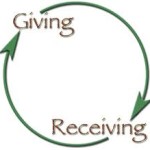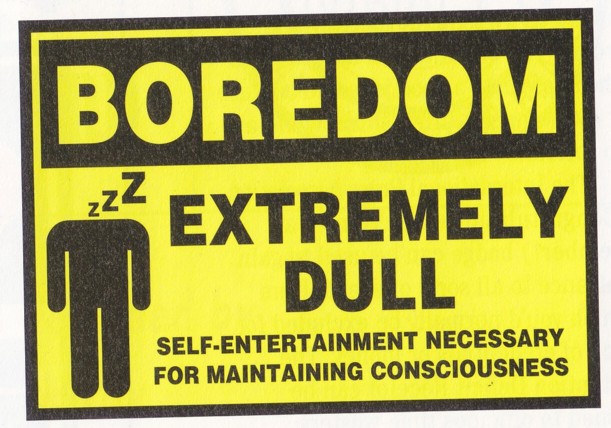 I’m not a great meetings person. I just generally find them tedious. I lose concentration easily, I get distracted, I end up thinking about a whole lot of things that maybe I shouldn’t be thinking about or eat far too many biscuits and then feel bloated and guilty at the same time! Meetings and me don’t really mix….but I have to go to a lot of them, in fact, I now have to chair many of them and so I’ve been on a bit of a journey about how meetings can be made better.
I’m not a great meetings person. I just generally find them tedious. I lose concentration easily, I get distracted, I end up thinking about a whole lot of things that maybe I shouldn’t be thinking about or eat far too many biscuits and then feel bloated and guilty at the same time! Meetings and me don’t really mix….but I have to go to a lot of them, in fact, I now have to chair many of them and so I’ve been on a bit of a journey about how meetings can be made better.
My main beef with them, it turns out as I’ve reflected on why I dislike them quite so much,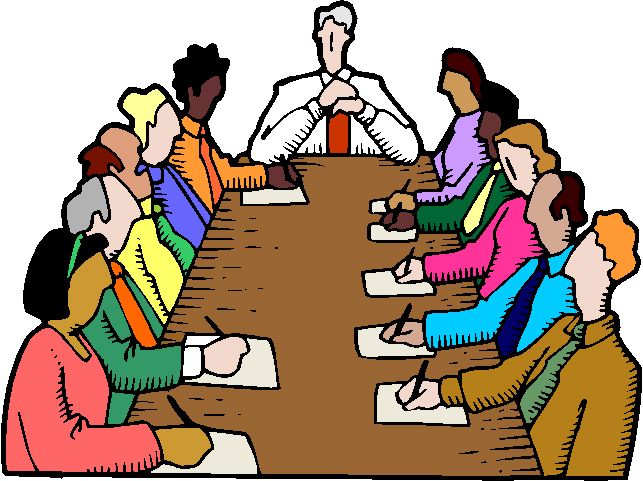 is not that they don’t achieve anything. Nor is it that I’m involved in conversations I don’t care about – actually I don’t go to any meetings in which I don’t deeply care about the things being discussed. So what is my problem? My problem is that meetings, and I don’t think this is unique to the NHS (but this is where most of my meetings take place), are so often devoid of any real human connection. They lack care for those attending the meetings. It’s so easy to get so focussed on the stuff, the business, the discussions, the problems, that we forget that there are other human beings in the room, each of whom arrive in the room (or virtual space) with many different emotions, stories, dreams and realities that may be really important, but we don’t know because we don’t give space to those things.
is not that they don’t achieve anything. Nor is it that I’m involved in conversations I don’t care about – actually I don’t go to any meetings in which I don’t deeply care about the things being discussed. So what is my problem? My problem is that meetings, and I don’t think this is unique to the NHS (but this is where most of my meetings take place), are so often devoid of any real human connection. They lack care for those attending the meetings. It’s so easy to get so focussed on the stuff, the business, the discussions, the problems, that we forget that there are other human beings in the room, each of whom arrive in the room (or virtual space) with many different emotions, stories, dreams and realities that may be really important, but we don’t know because we don’t give space to those things.
So, as I believe culture change has to start with me and the teams I work with, I am trying, somewhat awkwardly at times, to have different kinds of meetings! When I chair, I refuse to let us get on with ‘business’, until we have taken time to connect with each other. Using 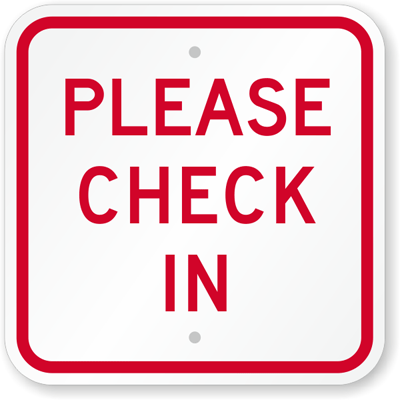 a simple technique from the ‘art of hosting’ I give space for a ‘check-in’. A check in is really simple, it’s just what it says on the tin. There are usually 2 questions and they can vary from meeting to meeting. Often, I just ask: How are you? And what do you love about your job? It is so important to know how each other is doing, so we can create teams that care for each other. People don’t have to be honest, but when they choose to be vulnerable, it opens up a space that is incredible and invites the entire team to go a bit deeper. And giving space for people to focus on the positive aspects of their work automatically changes the dynamic of any meeting from the start. Another of my favourite questions is: What do you love about working with the person on your left? (And if there’s time another round of ‘And what else do you love about working with the person on your left?). It is so healthy for a team to learn to appreciate one another but more than that, to actually tell each other that they are valued. You can get to know one another over a period of just a few weeks so much more and you end up actually caring about one another’s lives and wellbeing.
a simple technique from the ‘art of hosting’ I give space for a ‘check-in’. A check in is really simple, it’s just what it says on the tin. There are usually 2 questions and they can vary from meeting to meeting. Often, I just ask: How are you? And what do you love about your job? It is so important to know how each other is doing, so we can create teams that care for each other. People don’t have to be honest, but when they choose to be vulnerable, it opens up a space that is incredible and invites the entire team to go a bit deeper. And giving space for people to focus on the positive aspects of their work automatically changes the dynamic of any meeting from the start. Another of my favourite questions is: What do you love about working with the person on your left? (And if there’s time another round of ‘And what else do you love about working with the person on your left?). It is so healthy for a team to learn to appreciate one another but more than that, to actually tell each other that they are valued. You can get to know one another over a period of just a few weeks so much more and you end up actually caring about one another’s lives and wellbeing.
Secondly, I learnt a trick from a great friend of mine, who recently finished an MSc at the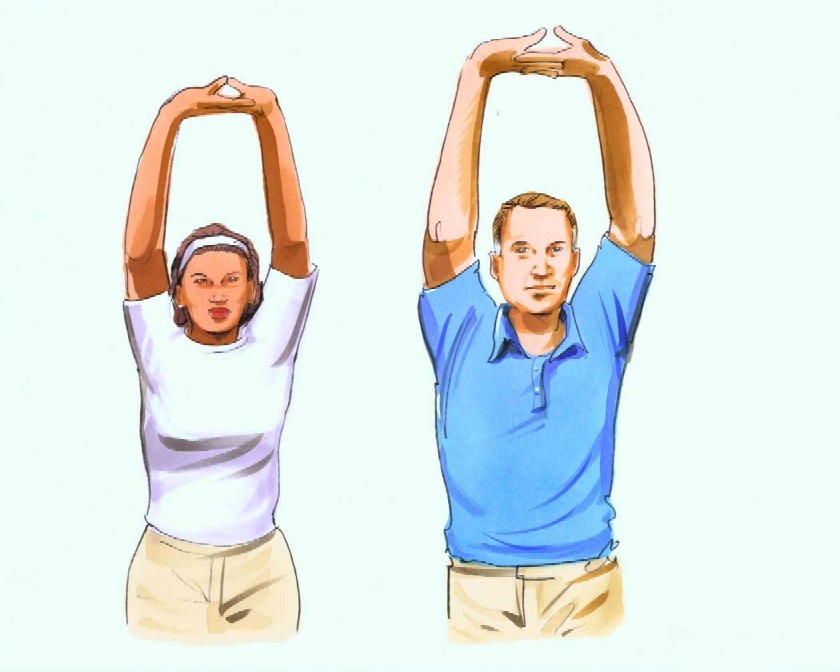 University of East London. In the department of positive psychology there, a bell goes every 25 minutes of a lecture and everybody stands up and has a stretch. Research clearly shows, we don’t concentrate for any more than 25 minutes. And so now, in my meetings, every 25 minutes, my alarm goes off and we all stand up and stretch and get the blood flowing round our bodies. We’ve become so conditioned, like Pavlov’s dogs, that if anyone’s phone goes we all start to stand and stretch! Plus, it is great for low back pain!
University of East London. In the department of positive psychology there, a bell goes every 25 minutes of a lecture and everybody stands up and has a stretch. Research clearly shows, we don’t concentrate for any more than 25 minutes. And so now, in my meetings, every 25 minutes, my alarm goes off and we all stand up and stretch and get the blood flowing round our bodies. We’ve become so conditioned, like Pavlov’s dogs, that if anyone’s phone goes we all start to stand and stretch! Plus, it is great for low back pain!
The other thing, I have introduced is 2 minutes of meditation/mindfulness at the start or 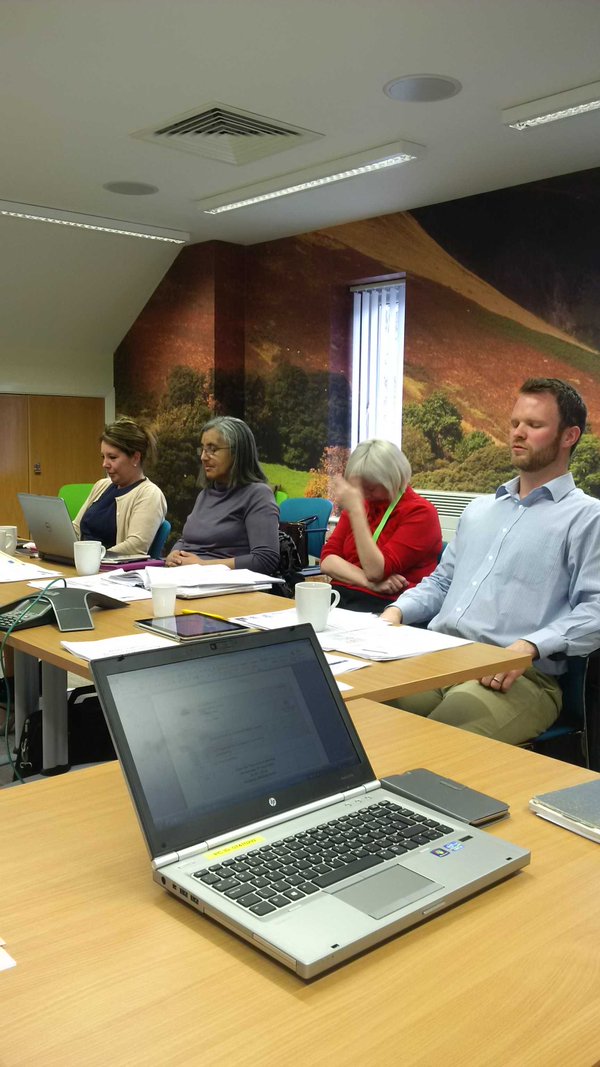 in the middle of a meeting. Using a very simple technique, I encourage everyone to find a comfortable sitting position. We then breathe in through our noses for the count of 4, deliberately breathing a sense of hope, peace, love and gratitude. We then hold this and hold our breath for the count of 8 (people count at their own pace) and then breathe out to through our mouths for the count of 8. When we breathe out, we deliberately breathe out stress, bitterness, anger, distraction, or anything that stops us being able to connect. And then we continue. The first few times I tried this, we had some giggling (mainly from me), photos being posted on twitter (!) and general weird feelings…..but we have pushed through and it’s amazing how good it feels to just stop and be and let the busyness just wash over us for a couple of minutes.
in the middle of a meeting. Using a very simple technique, I encourage everyone to find a comfortable sitting position. We then breathe in through our noses for the count of 4, deliberately breathing a sense of hope, peace, love and gratitude. We then hold this and hold our breath for the count of 8 (people count at their own pace) and then breathe out to through our mouths for the count of 8. When we breathe out, we deliberately breathe out stress, bitterness, anger, distraction, or anything that stops us being able to connect. And then we continue. The first few times I tried this, we had some giggling (mainly from me), photos being posted on twitter (!) and general weird feelings…..but we have pushed through and it’s amazing how good it feels to just stop and be and let the busyness just wash over us for a couple of minutes.
I can hardly say the above is a revolution, but I can say that I genuinely enjoy the meetings now. I know my teams better, I am more connected to those I work with and I am more able to focus. Connecting, stretching and some time to be still……it’s exactly the medicine that NHS teams need right now, and probably a whole bunch of other organisations also!








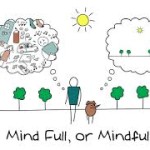


 He comes to be with us and changes himself in the process. He becomes utterly human, not some weird, ready-break glowing child, but deeply human and in so doing destroys the stories we have told ourselves about what he is like. He comes to us. He comes right to our very situations, our joys, or triumphs, our brokenness and our shame and says, I AM with you. And if you run away, I’m there with you. And if you turn away, I’m there with you. And if you hide away, I’m there with you. And if you fail, I’m there with you. And if you don’t believe, I’m there with you in your unbelief. Because contrary to the caricature of Dawkins, I am love itself. A love that will pour itself out time and again. A love that is stronger than bitterness, hate and division. A love that is willing to be misunderstood, misinterpreted and misrepresented. This is not the story of a God who slaughters his enemies in order to protect himself and those he holds close (a narrative upon which the nation state is built and uses to predicate the violence it does to others – and if you don’t believe me, then you haven’t read enough history). No, this is a story about a love that will lay its own life down for its enemies and enables us to do the same.
He comes to be with us and changes himself in the process. He becomes utterly human, not some weird, ready-break glowing child, but deeply human and in so doing destroys the stories we have told ourselves about what he is like. He comes to us. He comes right to our very situations, our joys, or triumphs, our brokenness and our shame and says, I AM with you. And if you run away, I’m there with you. And if you turn away, I’m there with you. And if you hide away, I’m there with you. And if you fail, I’m there with you. And if you don’t believe, I’m there with you in your unbelief. Because contrary to the caricature of Dawkins, I am love itself. A love that will pour itself out time and again. A love that is stronger than bitterness, hate and division. A love that is willing to be misunderstood, misinterpreted and misrepresented. This is not the story of a God who slaughters his enemies in order to protect himself and those he holds close (a narrative upon which the nation state is built and uses to predicate the violence it does to others – and if you don’t believe me, then you haven’t read enough history). No, this is a story about a love that will lay its own life down for its enemies and enables us to do the same.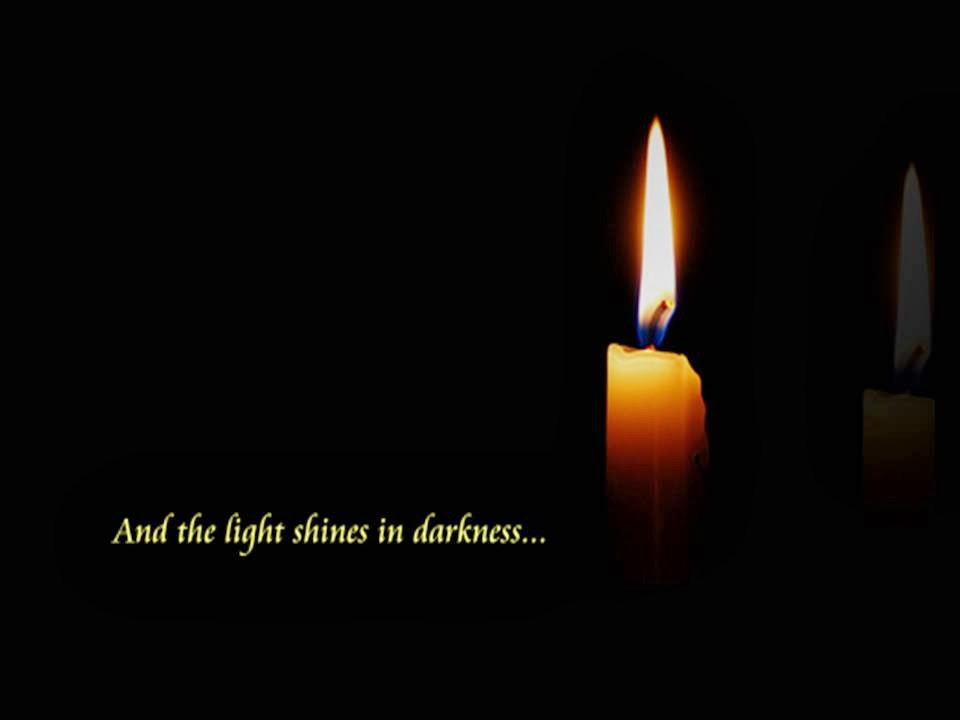 or overcome this light. The promise of the light is peace. Peace on earth. If we embrace the way of love, anything is possible. Even in the midst of all the turmoil in our world this Christmas, I find great hope in the idea of God, who is love, with us in it all. I believe that when we embrace this light and this love as our meta-narrative, as our raison d’être, we find healing for ourselves individually and corporately.
or overcome this light. The promise of the light is peace. Peace on earth. If we embrace the way of love, anything is possible. Even in the midst of all the turmoil in our world this Christmas, I find great hope in the idea of God, who is love, with us in it all. I believe that when we embrace this light and this love as our meta-narrative, as our raison d’être, we find healing for ourselves individually and corporately. ther. For example, physical pain caused to you by another person, may cause you to feel emotionally hurt also (soul pain) and crush your spirit. Or indeed, as I see many times in my work, emotional pain leads to a resentment, which causes a bitterness which manifests itself in a physical pain and so too your spirit is negatively affected.
ther. For example, physical pain caused to you by another person, may cause you to feel emotionally hurt also (soul pain) and crush your spirit. Or indeed, as I see many times in my work, emotional pain leads to a resentment, which causes a bitterness which manifests itself in a physical pain and so too your spirit is negatively affected. “perfect health” may not be possible. But alignment is possible and it is this that gives us a sense of well-being. So, how well are you? Do you know how much you are influenced by the corporate body and soul? What are your meta-narratives? How aligned are you? There are things we cannot change, but we can chose how we respond to them and the choices we make within them. I want to unpack this a bit more in subsequent posts, but this might just kick off some musings.
“perfect health” may not be possible. But alignment is possible and it is this that gives us a sense of well-being. So, how well are you? Do you know how much you are influenced by the corporate body and soul? What are your meta-narratives? How aligned are you? There are things we cannot change, but we can chose how we respond to them and the choices we make within them. I want to unpack this a bit more in subsequent posts, but this might just kick off some musings.


